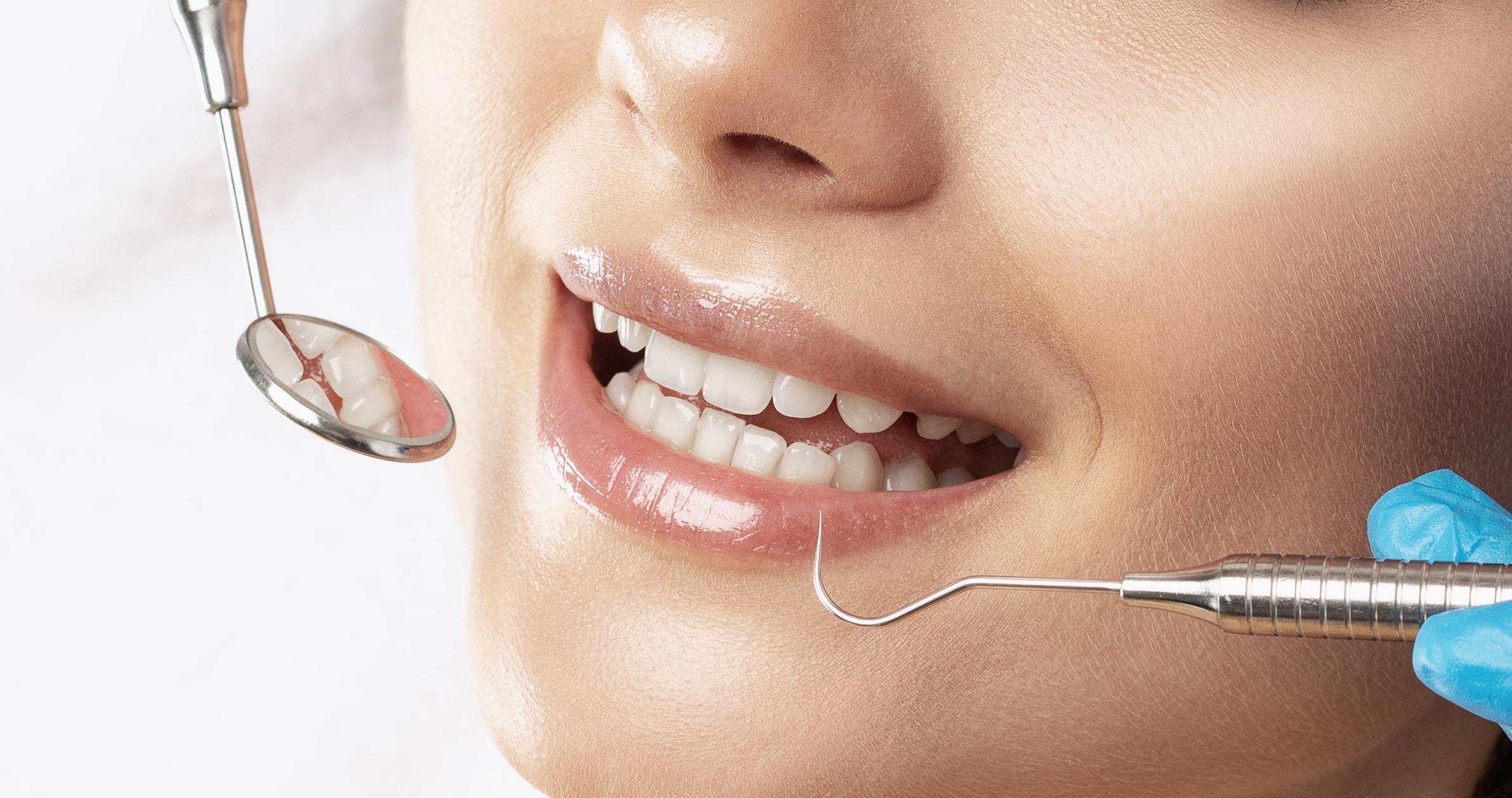In women affected by polycystic ovary syndrome (PCOS), taking the pill would reduce their risk of developing type 2 diabetes by more than 25%.

- Women with polycystic ovary syndrome (PCOS) are at higher risk of developing type 2 diabetes due to overproduction of androgens which increases insulin levels.
- Taking a contraceptive pill reduces the action of androgens, which reduces the risk of diabetes by 26%.
Usually appearing in adolescence with the first signs of puberty, polycystic ovary syndrome (PCOS) is a common hormonal disorder in women of childbearing age.
Symptoms of PCOS include irregular periods or no periods at all, which can lead to fertility issues. Many women also suffer from unwanted hair growth (called “hirsutism”) on the face or body, hair loss on the scalp, oily skin, or acne. These symptoms are caused by high levels of hormones called androgens in the blood of women with PCOS.
An increased risk of metabolic diseases
Women affected by PCOS are also more at risk of developing metabolic complications, such as type 2 diabetes, or pre-diabetes (dysglycemia). The reason: a poorer response of the body’s cells to insulin, the hormone that allows the body to absorb glucose into the cells to produce energy. This reduced insulin response can cause blood sugar levels to rise and cause the body to produce more insulin, causing it to produce more androgens. Androgens further increase insulin levels.
However, it is possible to put an end to this vicious circle: by using the contraceptive pill. In a study published in the journal Diabetes Careresearchers from the University of Birmingham (UK) studied the impact of the use of combined oral contraceptives on the risk of type 2 diabetes and pre-diabetes in women with PCOS.
A risk reduced by 26%
Using UK GP records of 64,051 women with PCOS and 123,545 matched control women without PCOS, the researchers first performed a large cohort study to analyze the risk of type 2 diabetes and pre- diabetes in women with PCOS. The results showed that they were at twice the risk of type 2 diabetes or pre-diabetes than women not affected by this disease. They also identified hirsutism as a significant risk factor for type 2 diabetes and pre-diabetes in women with PCOS.
The researchers then measured the impact of the pill on type 2 diabetes or pre-diabetes in 4,814 women with PCOS. They found that the use of combined oral contraceptives reduced the likelihood of developing type 2 diabetes or pre-diabetes by 26% in women with PCOS. They hypothesize that the pill reduces this risk by reducing the action of androgens.
“We knew from previous smaller studies that women with PCOS are at increased risk for type 2 diabetes. However, what is important about our research is that we have been able to provide new evidence from a very large population-based study to show for the very first time that we have a potential treatment option – combined oral contraceptives – to prevent this very serious health risk“, emphasizes Professor Wiebke Arlt, who led the study.
The researchers now plan to conduct a clinical trial to explore their findings in the hope that they lead to changes in global health care policy.

.
















